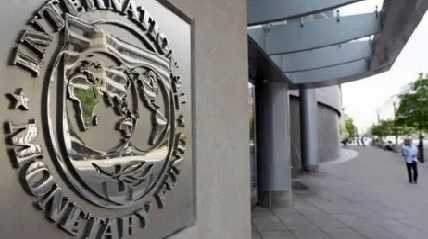
DOHA, May 25 (NNN-AGENCIES) — International Monetary Fund chief Kristalina Georgieva said Wednesday that the US showdown over government debt was “unnecessary” for the world economy but a default could be avoided.
Georgieva and the head of Blackstone, one of the world’s biggest investment funds, expressed exasperation to the Qatar Economic Forum over the spending standoff between US President Joe Biden and opposition Republicans with an early June deadline looming.
International markets have become unnerved by the battle as some Republicans have questioned whether a quick agreement is necessary to avert a default.
“History tells us that the US wrestles with this notional default,” Georgieva said, referring to past US showdowns over spending limits.
“At the 11th hour, it gets resolved”.
But she added that the Washington drama was “unnecessary for a world economy that is in such high uncertainty”.
“We always have to be mindful that the risk is there.”
Stephen Schwarzman, a major Republican donor, told the forum “it is a bit of a nail biter” and a battle of “wills and desires”.
“It is somewhat difficult to imagine that this is actually going on,” said Schwarzman, chairman of Blackstone which manages more than $900 billion in assets around the world.
“It is a political standoff. I think the two parties are about $100 billion apart on freezing spending levels. I think that could be negotiated.
“The whole world is watching,” added the veteran tycoon who added that he too did not expect a default but could not predict when a solution would be found.
“If something were to happen — really as a miscalculation on the part of the people involved in the negotiations — I think it would hit domestic constituents in the US. It would put enormous pressure to have things resolved in a few days.”
The IMF chief also warned that interest rates would remain high around the world because of the threat from rising prices.
Georgieva said headline inflation in many countries was “peaking” because of central banks raising interest rates but “core inflation, primarily because of very stubborn food prices, is still not trimming down the way it should”.
“Central banks have to stay the course, because, if they move back on interest rates prematurely, then tension may become a problem for growth for a longer period of time,” she said.
“Interest rates are high, they will stay high for longer, but we are expecting 2024, early 2025, the picture to change.”




